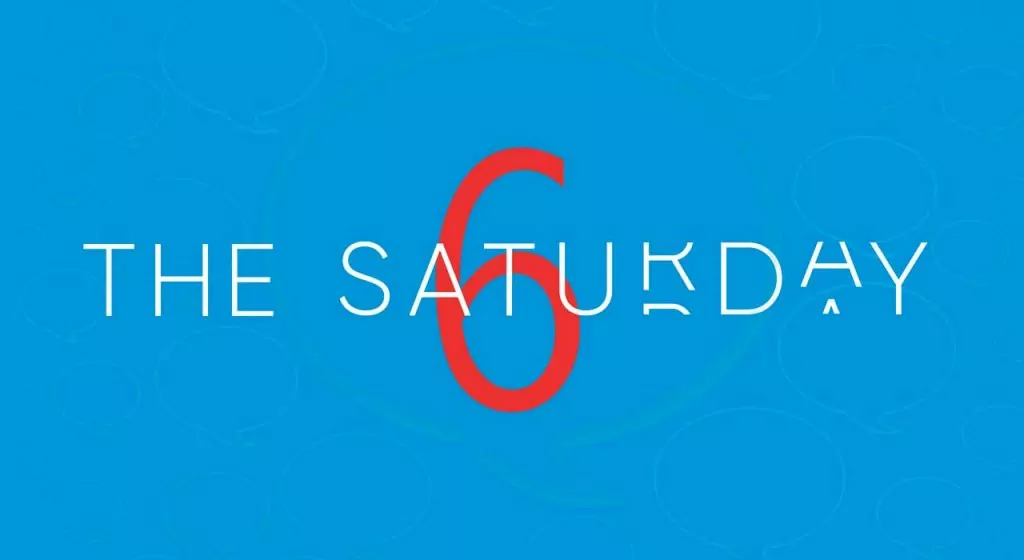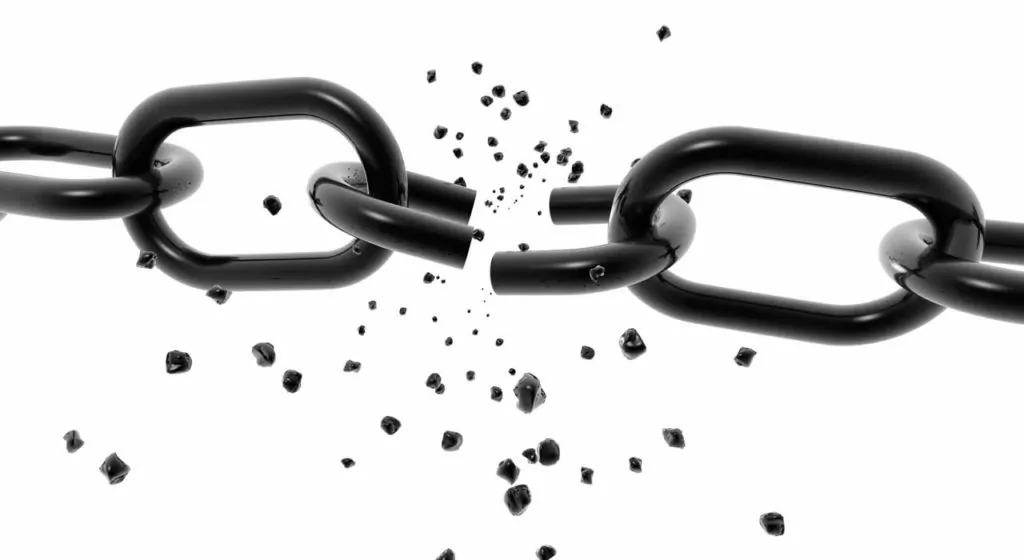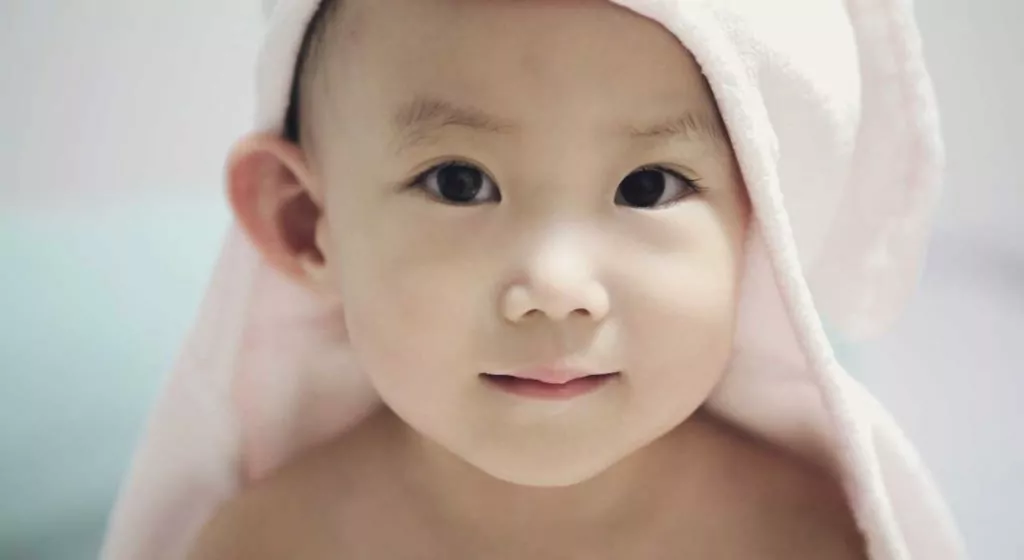
News
Saturday Selections - June 22, 2019
Preparing parents for the sex talk
This 11-minute video from a conservative Christian group has some great thoughts for parents to consider, including quotes like this:
Your kids will talk to you about the things you talk to them about.
Your kids won't talk to you about things you won't talk to them about.
And:
To put it simply: children and adolescents do not need one 100-minute (awkward and painful) sexual health conversation. They need 100 one-minute conversations. They need sexual and relational education delivered in many, many sound bits, weekly, across their entire childhood and teen years.
Controlled vs. controlling: the difference parents need to understand
Our children need limits and rules for their safety, health, and spiritual well-being. But they also need to be able to experiment, grow, take responsibility, fail and recover, and learn how to learn on their own. So how can parents create a controlled environment, without crafting a micromanaged one?
Why we need English class: reality isn't whatever we want it to be
If students want to know why they have to study English, there is no better illustration than this article. The battle over the dictionary – how we use words, and how we define them – is a matter of life or death.
Some try to use words to reshape reality, and while our words don't have that power (Ps. 33:9), we can use them to deny reality. We can call men "women" and vice versa, and babies "fetuses," and blessings "privileges," covetousness "justice," and more. However, as John Stonestreet notes, when we deny reality the victims pile up.
The economics of climate change: what universities won't teach college students
We don't often hear about the economic harm climate agreements may cause. And we rarely hear about how little impact these agreements – even according to their advocates – are expected to have compared to doing nothing.
Pride parades: pros and cons
A Manitoba Christian philosophy professor, writing in his local town paper, crafted this careful and courageous take on Pride Parades.
You are more than your brain (7 min)
When atheists deny the supernatural, that leaves them with only the natural – only the material – to explain everything around them. Thus the only logical conclusion for them to draw is that all we are – our personality, consciousness, preferences, opinions, etc. – is what we find in the three pounds of material that make up our brain. But as this creative video highlights, the evidence shows that materialism doesn't measure up.















